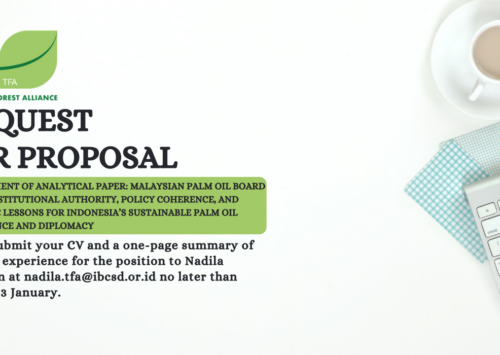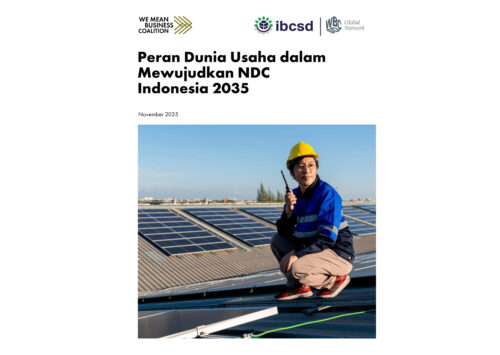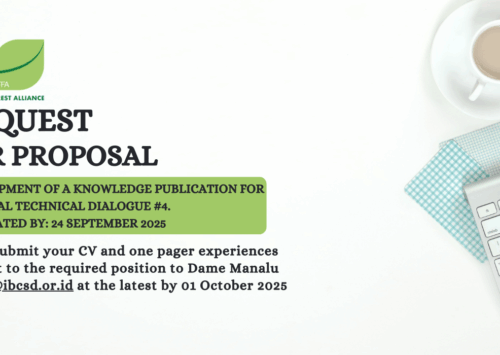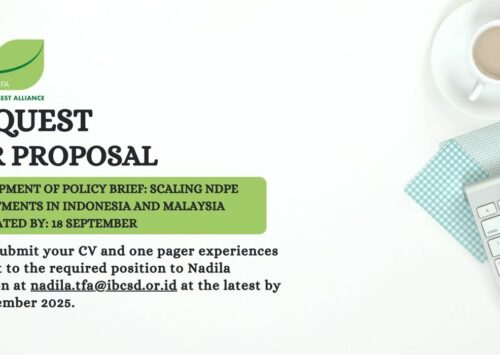Chairman of IBCSD, Sihol Aritonang, in his opening speech shared major conclusion from the IBCSD-supported study on green lifestyles program. “From private sector perspective, sustainable consumption and production like two sides of the same coin can be achieved by two collaborative movements: equipping the capacity of the internal supply-chain to adopt sustainable principles (upstream level) and educating consumers to choose ‘green’ products (downstream level)”, said Sihol Aritonang.
Dr. Ir. Arifin Rudiyanto, Deputy Minister for Maritime and Natural Resources on behalf of Minister of National Development Planning (Bappenas) in his keynote speech said, “There are still challenges on how to translate sustainable consumption and production into the national and regional development agenda.”
To trigger more innovative ideas on what sustainable consumption and production means in practice, the panel discussion moderated by Budi Santosa, IBCSD Director Executive involved three resource persons: Ir. Noer Adi Wardojo, M.Sc, Head of Center for Environment and Forestry Standards, Ministry of Environment and Forestry; Melanie Masriel, Agung Baskoro, Sustainability Manager of Cargill Indonesia. “Not only talking about sustainable consumption and production, but we also need to walk the talk. We need to do a systemic, inclusive and massive implementation on sustainable consumption and production”, said Noer Adi from Ministry of Environment and Forestry. Melanie Masriel and Agung Baskoro shared best practices from their companies on the implementation of sustainable consumption and production on the ground. “Sustainability is at the heart of our business. We have very strong commitment to achieve it by doing sustainable production in our business value chain”, said Melanie Masriel. Agung Baskoro said, “Sustainable profit has to come from responsible business first. Socially responsible products will bring far better goods to all of us.”








